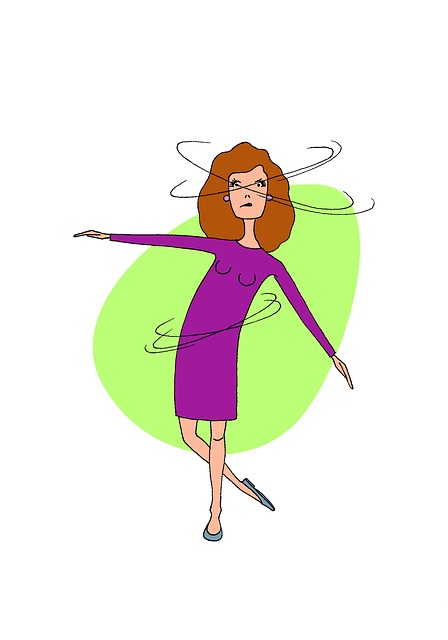An interesting case report titled “Vertigo after tooth removal” appears in the British Dental Journal written by R. O’Rorke and et al. (vol. 231, no. 3, published August 13, 2021). The article describes a 26 year old woman who experience vertigo after having two teeth surgically extracted.
The woman presented to the dentist with bilateral recurrent pericoronitis in relation to distoangularly impacted lower wisdom teeth. The woman had both of these wisdom teeth extracted while under local anesthesia, although there was a four week period of time between each extraction. During a teledentistry visit three days after the second tooth surgery on the lower left side, the woman complained of moderate pain, restricted mouth opening, and nausea. The woman was told she would be okay and to continue to maintain a good oral hygiene.
Later on, the woman experience new-onsent dizziness and her nausea worsened and was made worse with movement and imbalance. The woman said she had not experienced any recent trauma or this was the first time she had experience such symptoms. The woman went to the emergency room and was admitted for 24 hours where she was given the medication prochlorperazine. Her balance improved and she was given an oral course of antiemetics when discharged but she stopped taking them due to the improvement of her dizziness and nausea.

The authors who wrote the case report said in their literature review only four publications have reported vertigo after isolated dental extractions. Vertigo after teeth removal like wisdom teeth removal is not a new possible complication and has been known for years on this site as covered at https://www.teethremoval.com/complications.html. While, the literature is slim, numerous people have shared their own case reports with this website’s owner after having wisdom teeth extracted and experiencing vertigo. Numerous case reports have been posted by people on the blog post Vertigo and Dizziness After Wisdom Teeth Removal.
The cause for vertigo after tooth removal includes prolonged surgical time, use of rotary tools, application of osteotomes/surgical mallets, and potential comorbidities in the patient. The authors of this case report in the British Dental Journal feel in the case of this 26 year old woman a surgical drill was used to remove bone and prolonged mouth opening could have contributed to the development of a temporomandibular disorders which can present with otological symptoms. Although the authors do note that it is also possible that some other factor besides the tooth removal could have caused the dizziness and nausea and that was never ruled out fully.
